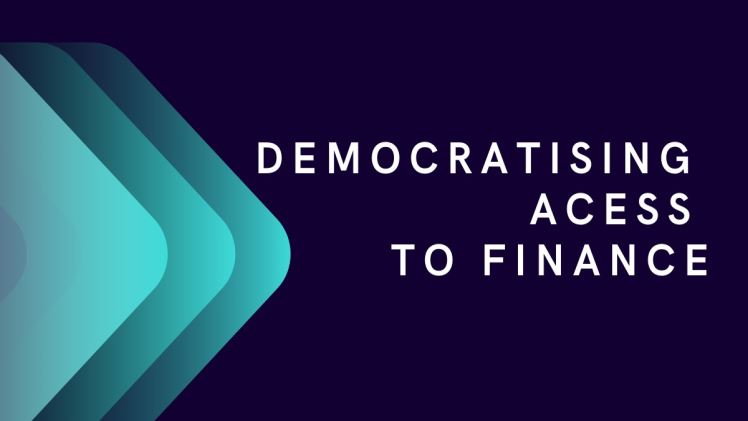The Role of Deemed Accounts in Democratizing Access to Financial Services

Financial inclusion – ensuring everyone has access to essential financial services – is a critical goal for a healthy and equitable society. While the daily fluctuations of the IRCTC share price might dominate headlines, a powerful tool exists to bridge the gap: deemed account. These secure platforms for managing pledged assets can act as a catalyst for democratizing access to financial services, empowering individuals and businesses previously excluded from traditional financial channels.
Unlocking Opportunities for the Underserved
Deemed accounts hold immense potential for expanding access to financial services for traditionally underserved segments:
SMEs often lack the collateral required for traditional loans. Deemed accounts allow them to leverage receivables, inventory, or other assets as collateral, securing funding for growth and innovation. Individuals without access to traditional bank accounts can utilize deemed accounts to hold collateral for loans or participate in microfinance initiatives. This empowers them to build creditworthiness and access financial tools for personal development and economic empowerment with competitive IRCTC share price. The growing gig economy presents challenges in securing loans. Deemed accounts can allow freelancers to use invoices or future earnings as collateral, opening doors to essential financial services.
How Deemed Accounts Bridge the Gap?
Deemed accounts address several barriers that hinder access to financial services for these underserved segments:
- Deemed accounts provide a flexible solution for collateral management. By allowing a wider range of assets to be pledged, they cater to individuals and businesses with IRCTC share price who might not own traditional forms of collateral like real estate.
- The secure management of collateral in a deemed account mitigates risk for lenders, making them more comfortable extending credit to previously underserved segments. This can lead to more favourable loan terms and increased access to capital.
- Deemed accounts streamline collateral management processes, reducing paperwork and expediting loan approvals. This can be particularly beneficial for individuals and businesses with limited resources or experience navigating complex financial procedures with the help of knowing IRCTC share price.
Challenges and Considerations for Democratization
While deemed accounts offer immense potential, some challenges need to be addressed:
- Financial Literacy: Ensuring individuals and businesses understand deemed accounts and their implications is crucial for responsible use. Financial literacy initiatives can bridge this gap.
- Regulatory Frameworks: Regulatory frameworks need to evolve to accommodate the growing use of deemed accounts for financial inclusion, ensuring fair and transparent practices.
- Cost Considerations: While deemed accounts can be cost-effective, minimizing fees remains important for making them accessible to the underserved. Exploring innovative fee structures and leveraging technology for efficiency can address this challenge.
Conclusion: Looking Beyond the IRCTC Share Price Fluctuations
Financial inclusion is about empowering individuals and businesses to participate in the financial system and achieve their economic goals. Deemed accounts, with their focus on secure collateral management and streamlined processes, offer a powerful tool to bridge the gap and extend financial services to a broader segment of the population. By addressing the challenges and leveraging technology, deemed accounts can play a vital role in creating a more inclusive and equitable financial landscape, going far beyond the daily anxieties associated with a volatile IRCTC share price. As financial services become more accessible, individuals and businesses can unlock their full potential.





